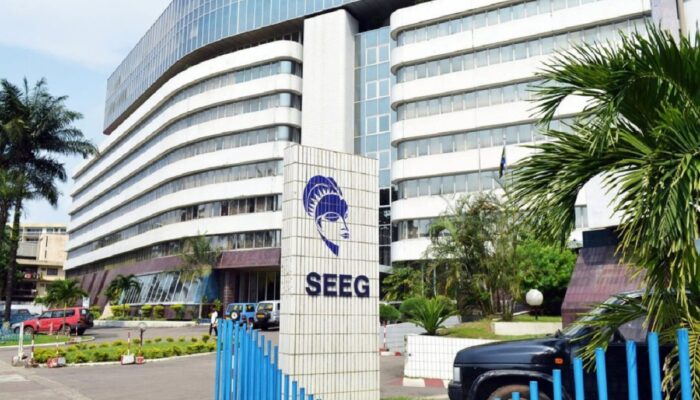According to the October 2025 Regional Economic Outlook report, Gabon loses between 1.2% and 1.5% of its GDP through VAT exemptions, primarily in the oil, mining, and forestry sectors. The International Monetary Fund (IMF) warns of the impact of these tax breaks on the country’s ability to mobilize domestic resources and finance its public infrastructure, while making recommendations to strengthen transparency and fiscal governance.
The IMF report reveals that value-added tax (VAT) exemptions granted to certain strategic companies and sectors cost Gabon nearly 150 billion CFA francs per year, or approximately 161 million US dollars. This shortfall represents a significant burden on public finances, as the government seeks to diversify its economy and reduce its dependence on extractive resources.

For the international financial institution, these tax exemptions, although sometimes intended to support investment, limit the budgetary space available for social policies and infrastructure projects. The IMF believes that ” these tax breaks, when not supervised or evaluated, compromise the country’s ability to sustainably finance its development .” The report also highlights the lack of transparency surrounding the publication of the beneficiaries and the amounts of the exemptions.
In light of this, the IMF recommends that Gabon establish an annual publication detailing the cost, duration, and beneficiaries of all tax exemptions. The institution also advocates for the implementation of a systematic audit of tax exemption regimes, particularly in the oil, mining, and forestry sectors, in order to assess their true impact on wealth creation and employment.
One of the major proposed guidelines is to extend or renew exemptions only after a thorough assessment and to better regulate their duration. The IMF also calls for a review of eligibility criteria to ensure that they meet clearly defined development objectives and provide real added value for the national economy.
These recommendations are intended to strengthen domestic resource mobilization, a key component of the country’s economic reform program. The IMF believes that fairer and better-targeted taxation would not only strengthen public finances but also improve budgetary governance and transparency, essential conditions for the sustainability of Gabonese growth.






